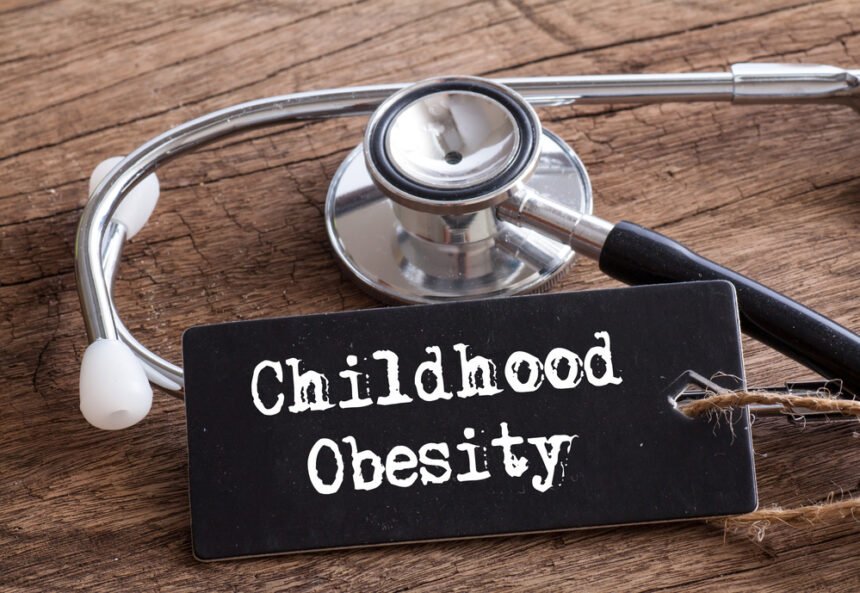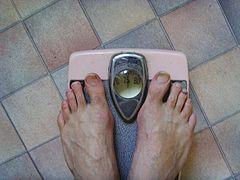Our kids don’t live in the same world that we did when we were growing up. Instead of staying out from sun-up to sun-down, today’s kids would rather spend their time playing video games indoors. Part of this is due to the way society has changed, but when it comes down to it, kids would rather spend their time on computers than playing outside or running around the neighborhood. Childhood obesity is becoming a growing concern, but recent studies have found that this condition can also negatively affect a child’s mental health. Let’s take a closer look at the link between childhood obesity and depression and what we as parents can do to help our kids learn how to make healthy choices and love themselves.
Childhood Obesity is a Growing Problem
Childhood obesity is a growing problem and one that causes a myriad of additional health concerns. Today, more than 12 million children are considered obese, which is defined as being in the 95th percentile for height and weight when compared to other children their age. Kids are at risk for childhood obesity if they aren’t active enough during the day, make poor food choices, or generally live a sedentary lifestyle. There are also genetic risk factors that might make a child prone to obesity. Obesity, in both children and adults, can cause a variety of other health problems, according to the CDC. Those who are considered obese in childhood are more likely to have high blood pressure and cholesterol, heart disease, type 2 diabetes, and other problems that will follow them into adulthood. When we talk about obesity in childhood, we usually bring up these issues, but many parents and medical professionals often overlook the impact that obesity can have on a child’s mental health as well.
Childhood Obesity and Depression
While parents should be on the outlook for the symptoms of physical problems, they should also be aware of another side effect of obesity — depression. Studies have shown that being overweight or obese during childhood increases the risk that the child will experience major depressive disorder or will develop it later in life. It can be difficult to spot the symptoms of depression in children and teens because many go out of their way to hide them. Look for signs of depression that might include:
- Reluctance or outright refusal to go to school, even resulting in fights or tantrums depending on the age of the child.
- Losing interest in activities that they once loved or enjoyed.
- Sleeping all the time or not sleeping at all
- No longer socializing with friends, pushing people away that they used to spend time with.
- Lack of energy, regardless of the amount of sleep they’re getting
This isn’t an exhaustive list of depression symptoms by any means, but it can give you a good idea of what to look for if you’re worried about your child or teen.
What Can We Do to Help?
What can we, as parents, do to help our children who might be suffering from depression as a side effect of childhood obesity? First, stop putting the focus on their weight. Yes, it is something to be concerned about and something that can affect their health later in life, but if you approach this as a weight problem, your kids are going to hear one thing — mom or dad thinks I’m fat. That, coupled with society’s unhealthy obsession with physical perfection, can exacerbate mental health issues and make it more difficult to help them make the changes they need to be healthy. Start making healthier choices as a family. Cook dinner and meal prep instead of ordering pizza once a week. Swap out your potato chips and pizza rolls with healthier alternatives. Make it a point to get active together as a family — go for a walk, join a gym together, or even sign up for family martial arts classes. The possibilities are endless. Again, don’t make it about weight. Make it about being healthy and making smart choices when it comes to your bodies. While you’re making these changes, don’t ignore the mental health aspect of this recovery. Depression is very real. Lifestyle changes can mitigate the symptoms for a while, but if it doesn’t help your child, seek out the help of a therapist or psychiatrist to ensure that you’re looking after their mental health while helping them improve their physical health.
Looking Forward
Childhood obesity will continue to be a problem as long as it’s cheaper to buy a hamburger than a salad, and as long as we spend all of our time indoors instead of exploring the world around us. Depression is part of that, as studies are now finding, and we will need to help our children protect their mental health while helping them maintain their physical health. It’s a delicate balance, but mental and physical health are two parts of one whole — your child — and both need to be protected and nurtured.









